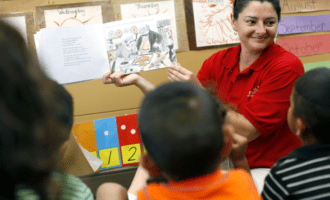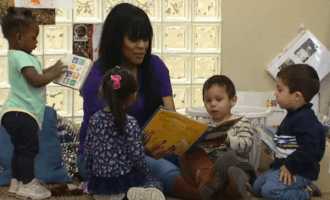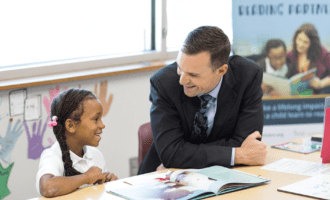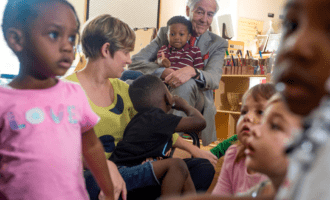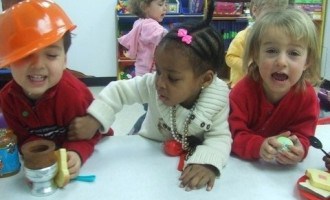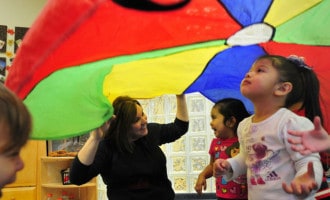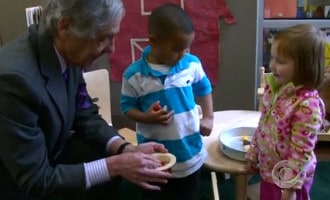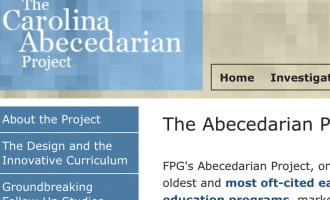EARLY CHILDHOODEDUCATION
PROJECTS
GKFF supports a wide range of programs focused on young children living in poverty to ensure more children in Tulsa enjoy positive early childhood experiences and have a better chance of school success.
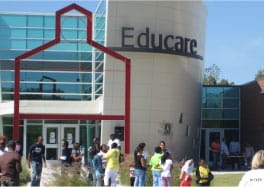
Tulsa Educare
In response to community demand for high-quality early childhood education programming, GKFF helped establish Tulsa Educare in 2006. With three centers in distinct low-income neighborhoods and a fourth in development, Tulsa Educare currently serves more than 500 children in year-round care. The program requires highly trained, degreed teaching staff, low child-to-staff ratios and a rich complement of wraparound services including health, mental health, nutrition and family engagement, all of which are rigorously evaluated.
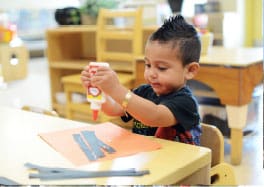
Early Childhood Institute at the University of Oklahoma
The Early Childhood Education Institute (ECEI) at OU-Tulsa strives to advance and support early childhood programming and policies by generating, disseminating and applying meaningful research. The growing research institute focuses on young children in early childhood programs. Since 2006, ECEI has conducted a variety of program evaluation projects, worked with many state and national partners and impacted policy and programming decisions.
EARLY CHILDHOOD FEATURES



